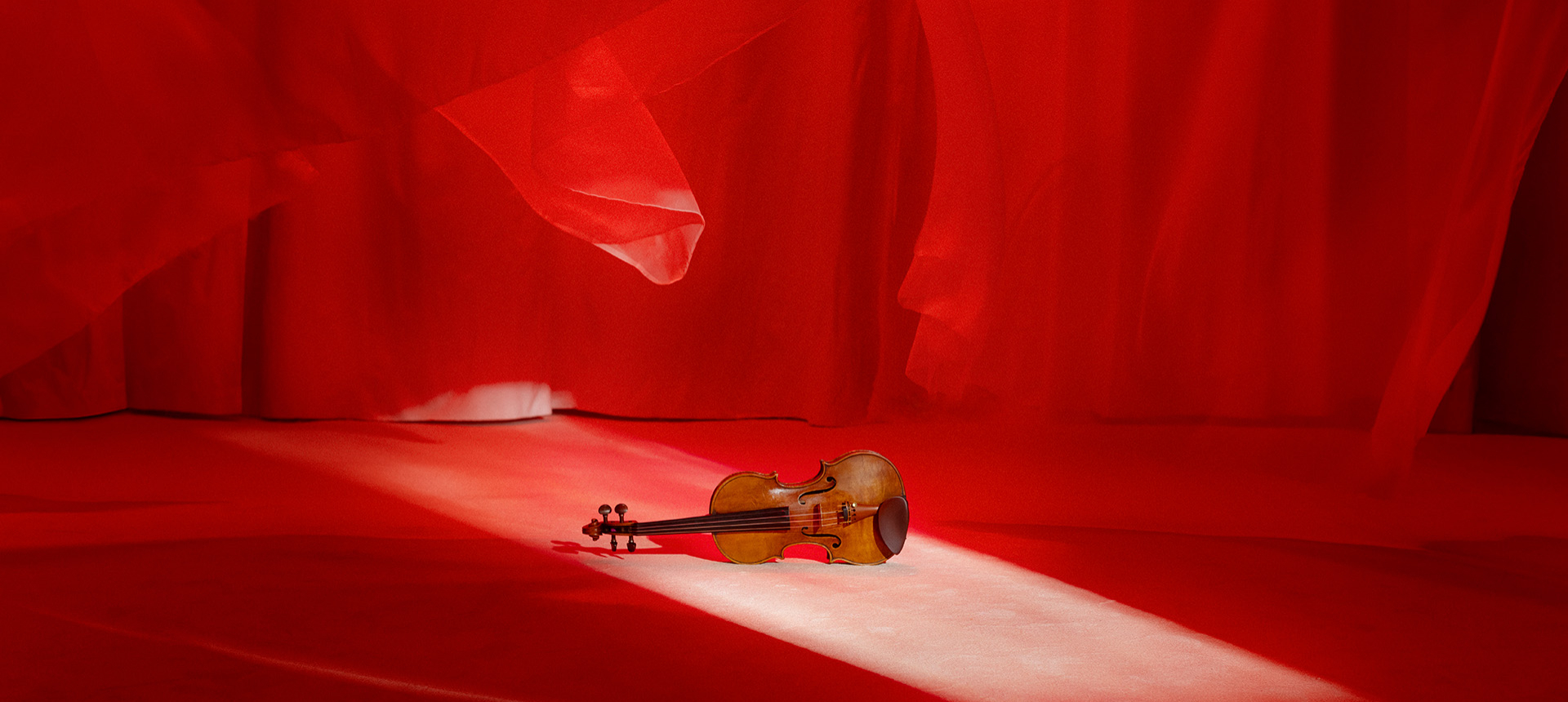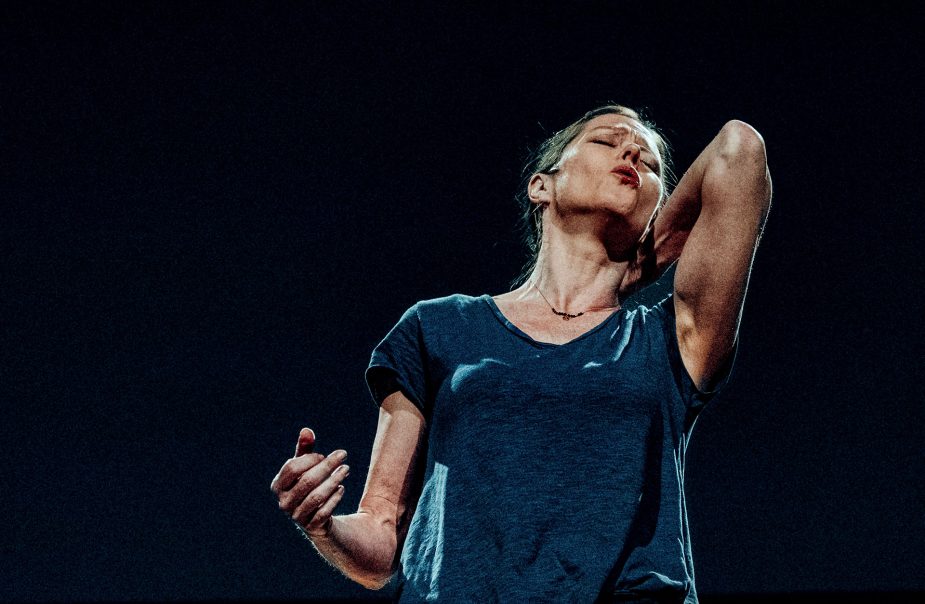
Sunday with Hannigan
Nightingales and numerology in a chamber music format, with Barbara Hannigan and musicians from the Gothenburg Symphony Orchestra.
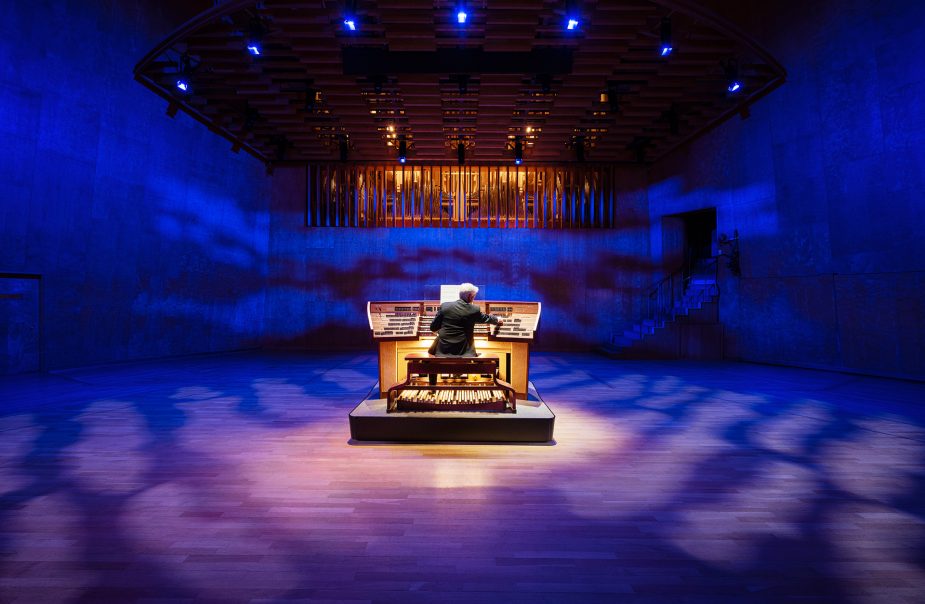
A Sunday of meditative organ
Come inside the warm Concert Hall and be surrounded by the divine sounds of the mighty organ. Hans-Ola Ericsson plays music by Olivier Messiaen in this relaxed concert.
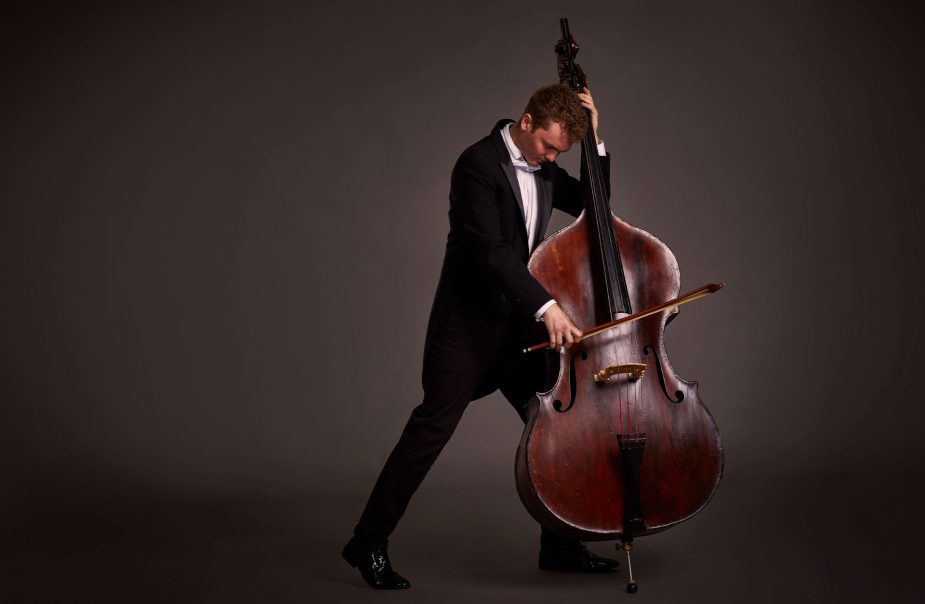
Masters of East and West
Music drawn from the movies with the Gothenburg Symphony Orchestra; Santtu-Matias Rouvali, conductor; and Markus Lang, double bass.
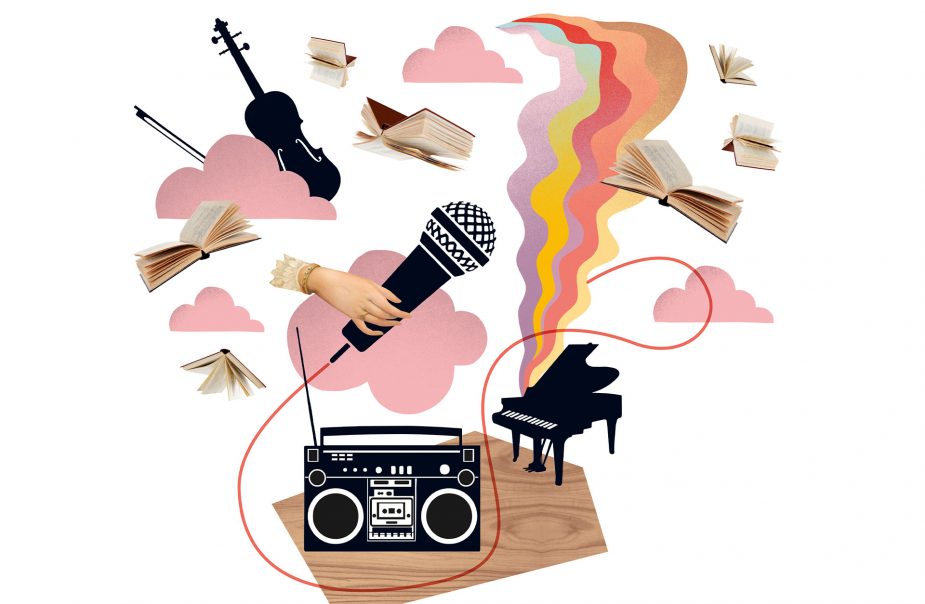
All I ask for
Can words describe how it feels to be young? Poetry of Gothenburg, performed by Pershenk Ahmed, poet; Vic Vem, artist; Fabian Kallerdahl, pianist and musicians from the Gothenburg Symphony Orchestra.

Yoga concert: Light
Musician and yoga teacher Lene Skomedal/Yoga Lene takes you closer to classical music while she leads you through a wonderful yin yoga session. Tommy Jonsson is playing the organ.
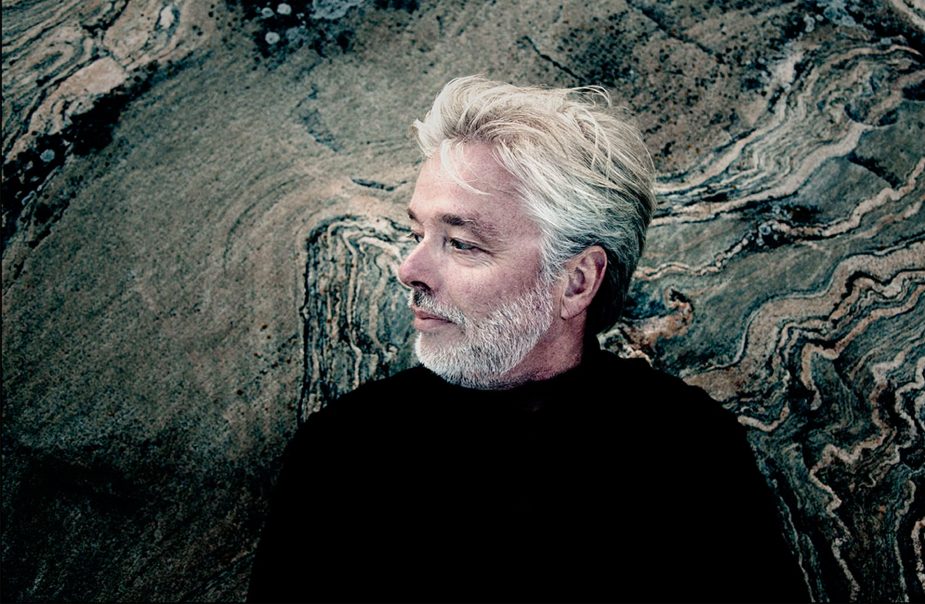
Contrasts with Streich and Bruckner
Music for heart and mind, with the Gothenburg Symphony Orchestra and Jukka-Pekka Saraste, conductor.

Contrasts with Streich and Bruckner
Music for heart and mind, with the Gothenburg Symphony Orchestra and Jukka-Pekka Saraste, conductor.
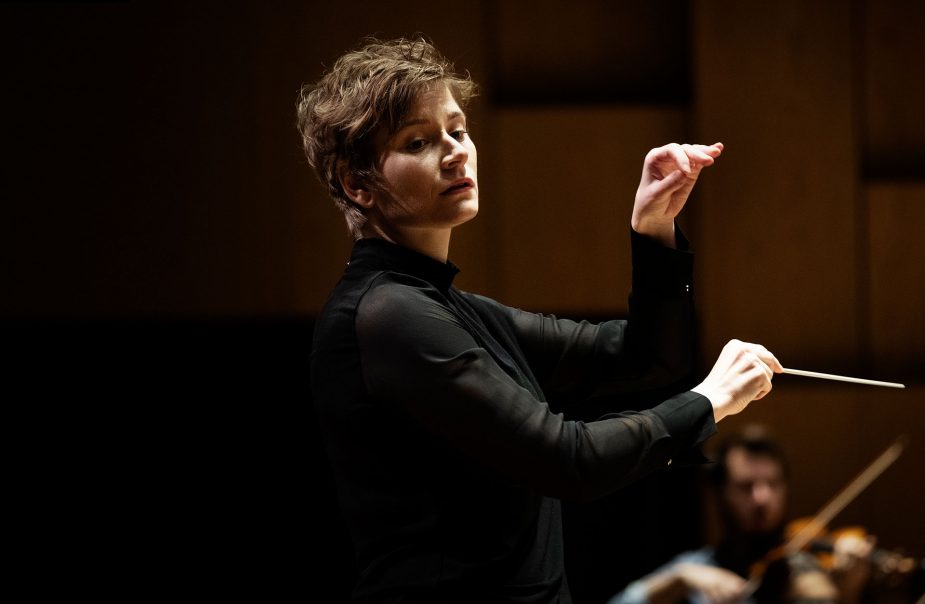
Through fire and water with Anja Bihlmaier
Music as fuel for imagination with the Gothenburg Symphony Orchestra and conductor Anja Bihlmaier.
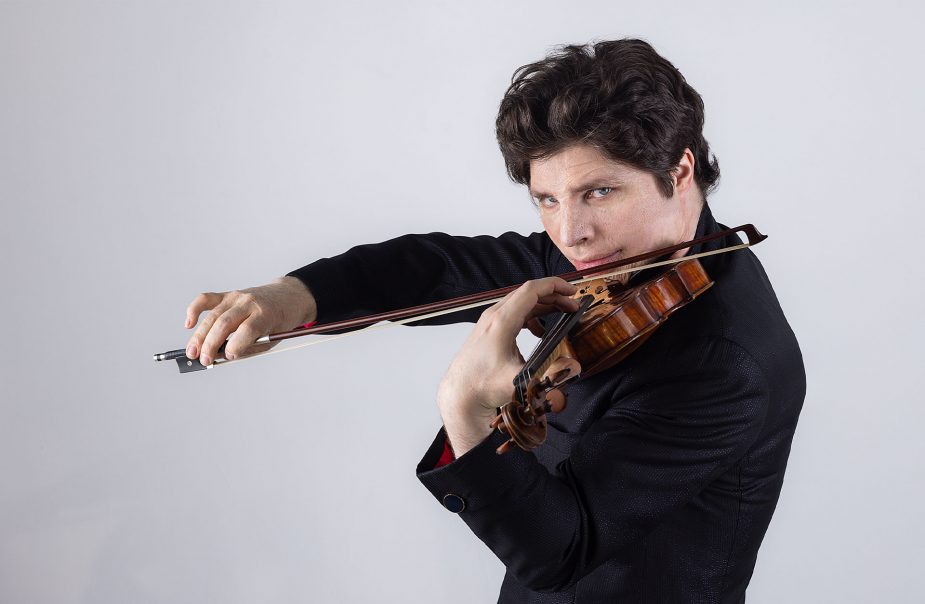
Solo evening with violin star
Impressive technique and divine moments. Augustine Hadelich is one of the brightest-shining violin stars in classical music.
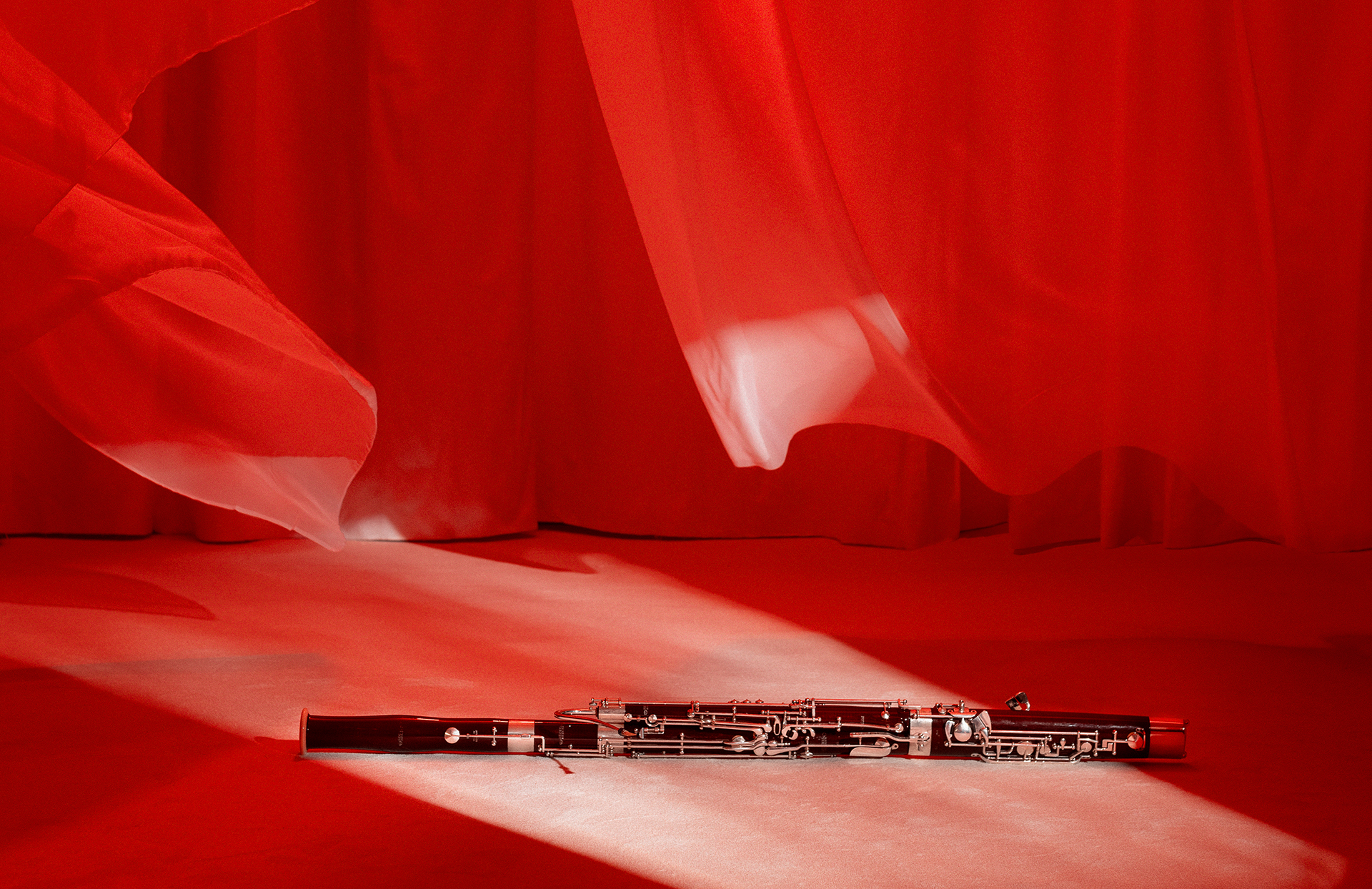
A bridge over troubled water
Music can help us face reality, as it is and in all stages of life. Here you will find concerts for reflection, relaxation and community.
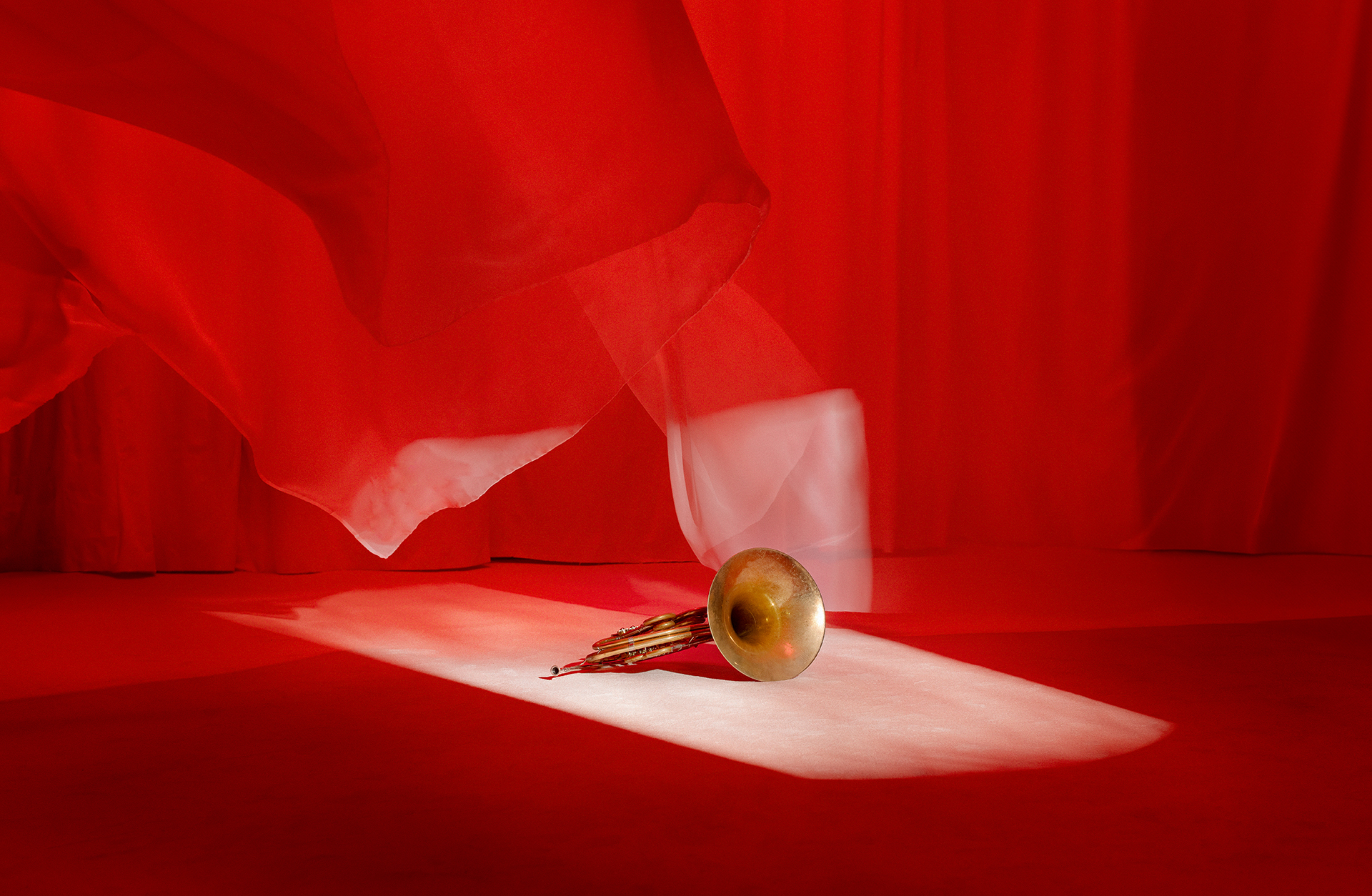
Brave new world
Discover new places in life through music. Places to feel good. Where hope is lit and the adventure begins.
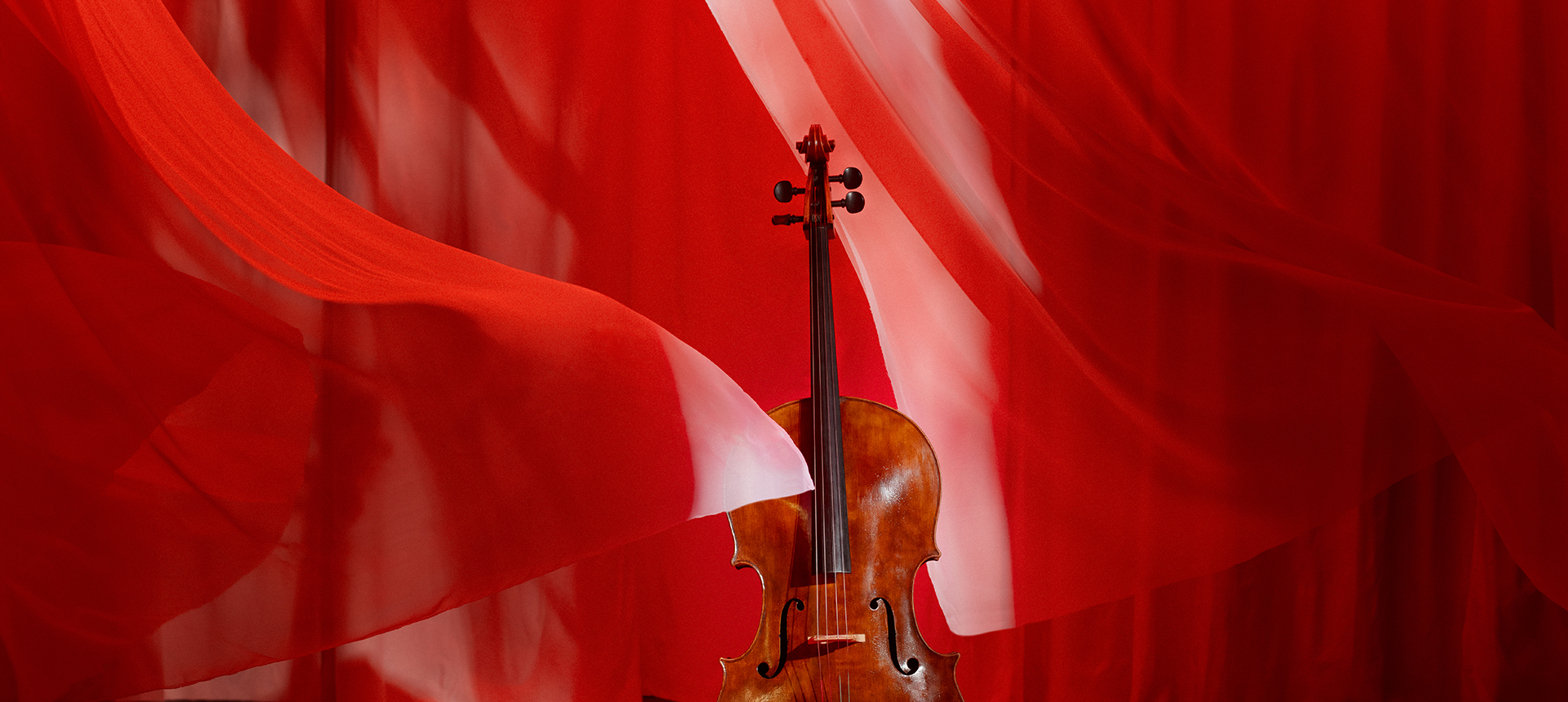
Shared happiness is double happiness
Let the music fill you with power; power to enjoy and to give to others. Here you will find concerts to celebrate with, wherever you are in life.
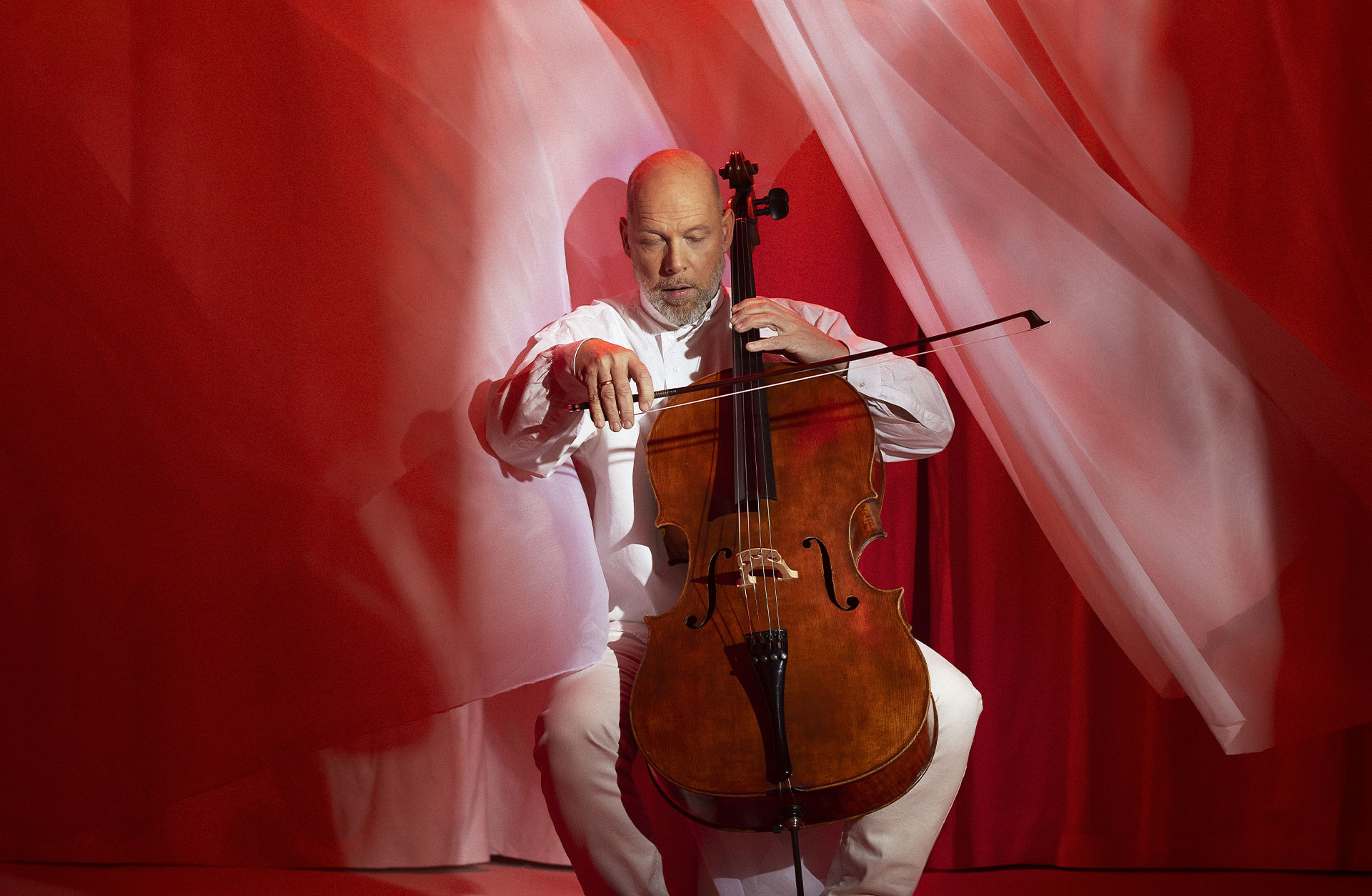
Set music to your life!
Choose a subscription in Gothenburg Concert Hall and get unforgettable experiences, a discounted ticket price, a seat at concerts that sell out quickly and your own seat in the hall. The concert magic you get for free.
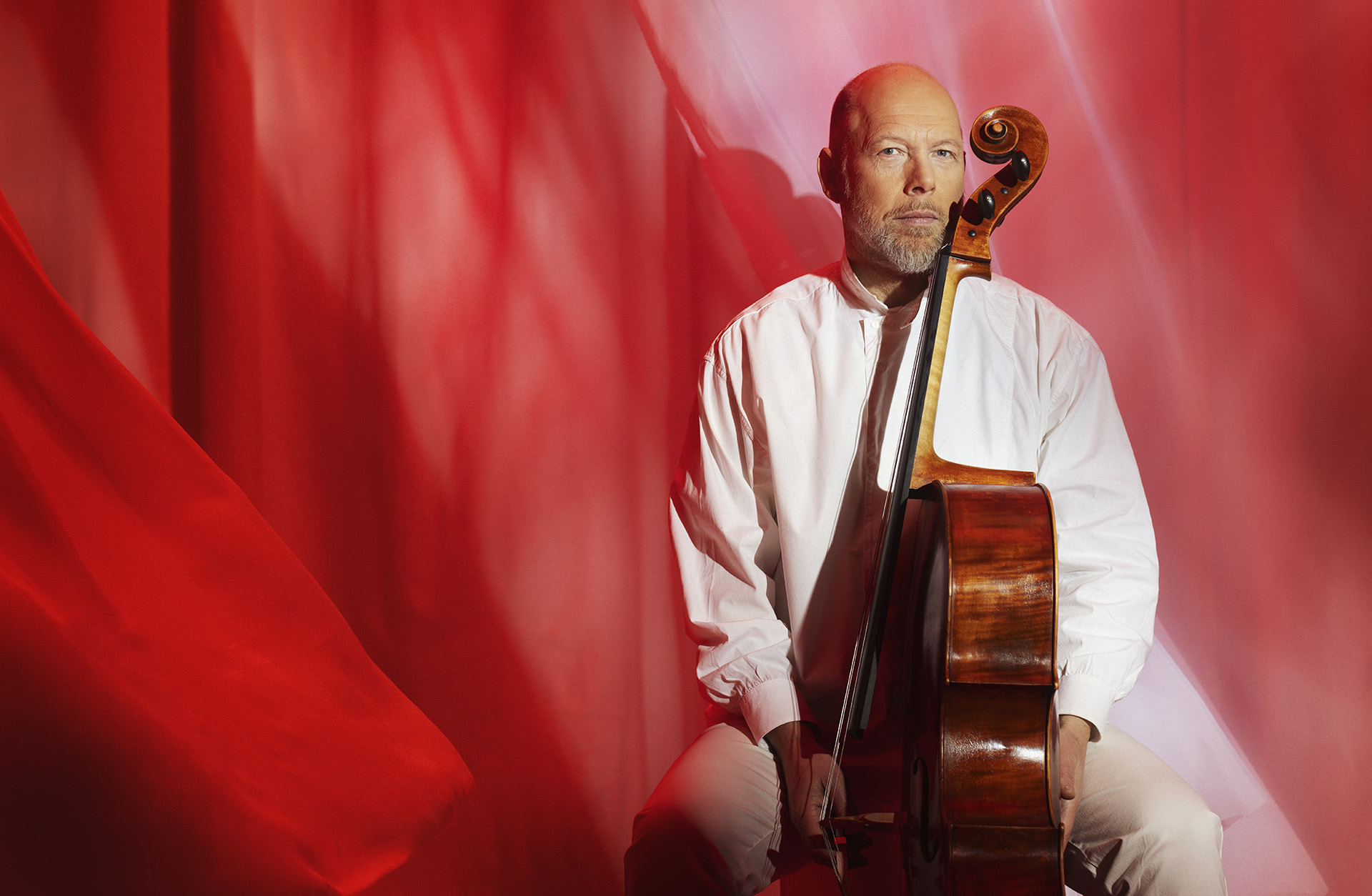
"The unity of sound consists of many small, fragile parts"
Get to know Johan Stern, cellist in the Gothenburg Symphony Orchestra, and what he's particularly looking forward to perform in the 2024-2025 season.
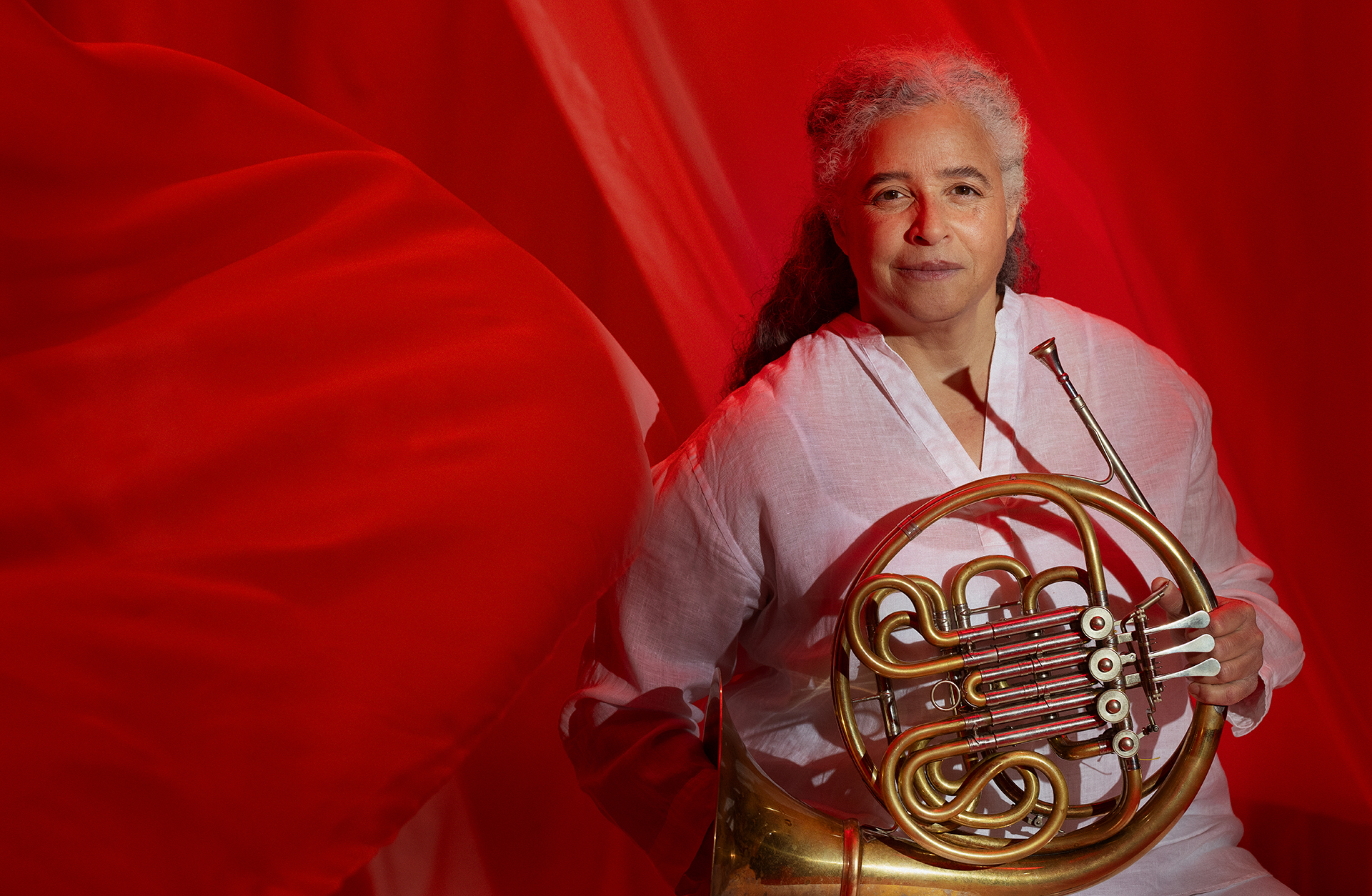
"Intervals and tensions have a special effect on us."
Get to know Lisa Ford, French horn player in the Gothenburg Symphony Orchestra, and what she's particularly looking forward to perform in the 2024-2025 season.
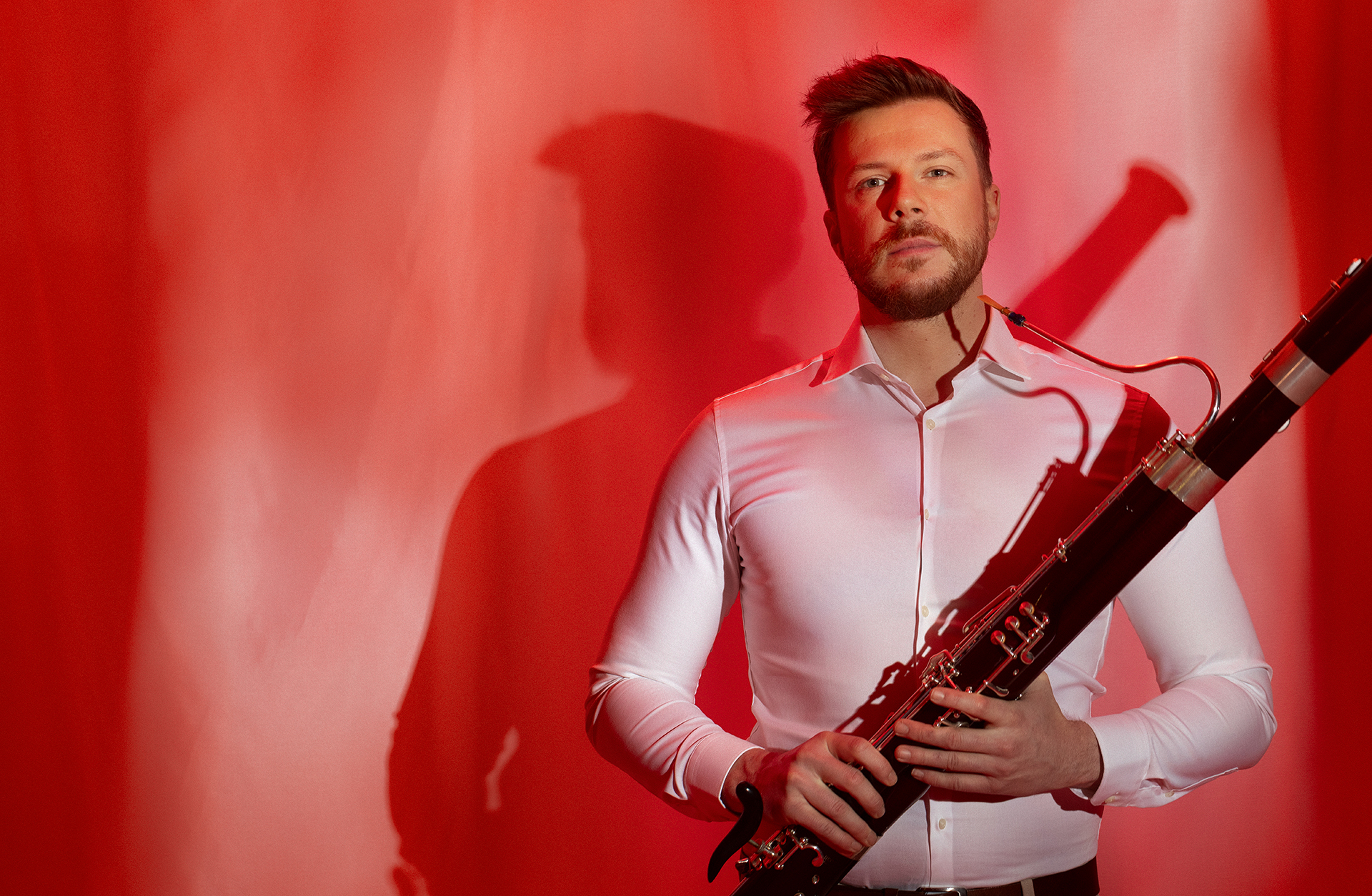
"Beauty is when the orchestra is in perfect balance"
Get to know Constantin Gerstein, bassoonist in the Gothenburg Symphony Orchestra, and what he's particularly looking forward to perform in the 2024-2025 season.
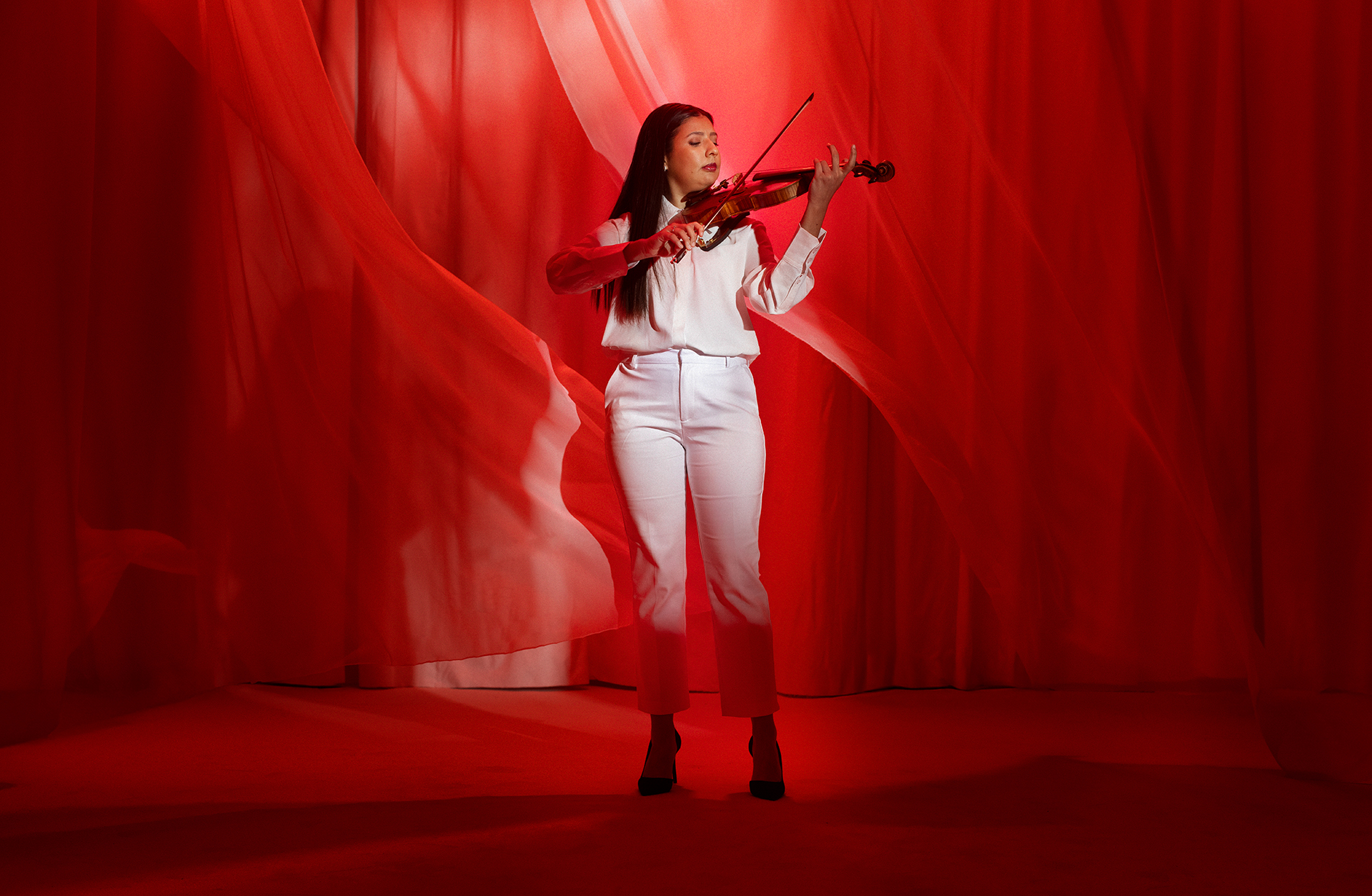
"To reveal beauty, I envision a dialogue"
Get to know Emirzeth Henriquez, violinist in the Gothenburg Symphony Orchestra, and what she's particularly looking forward to perform in the 2024-2025 season.

Let the music give you what you need!
Music holds all shades of life, from fair to defiant - darkness as well as light. Take a minute and let it give you what you need and set music to your life together with us the season 2024-2025.
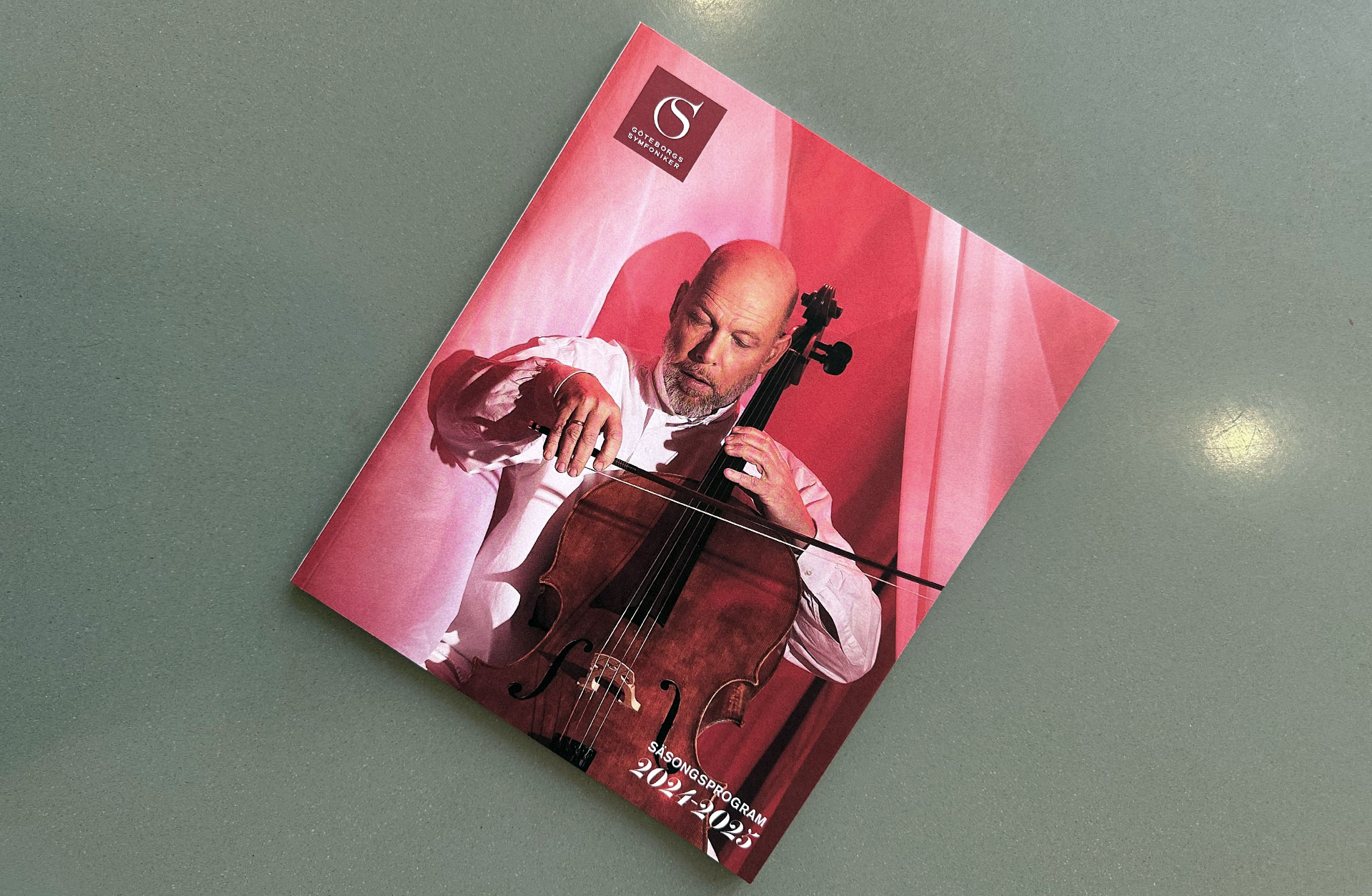
Read the season program
Find everything that attracts and inspires you in the Gothenburg Symphony's 2024-2025 season program!

